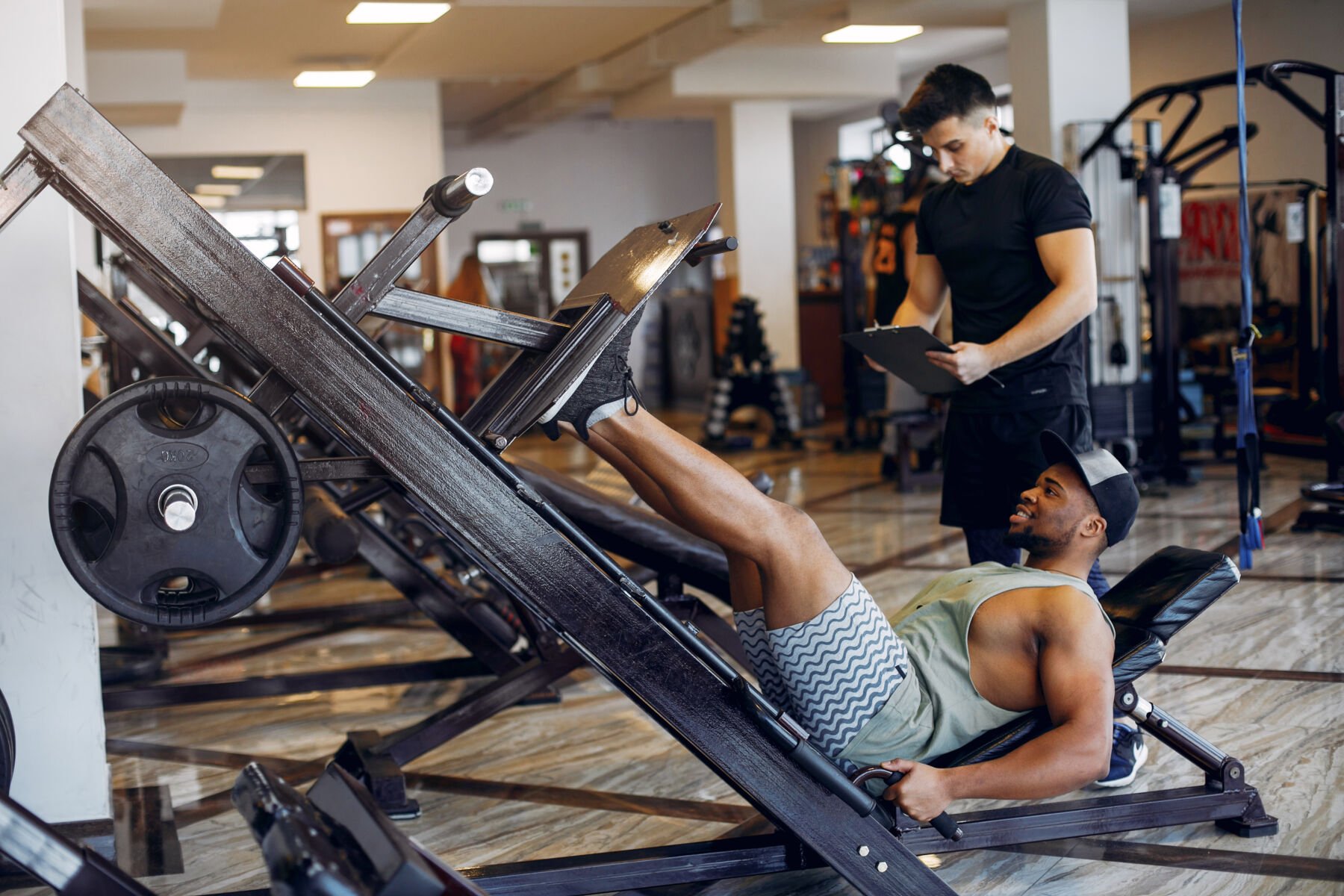How different exercises affect your hormones and inflammation

Exercise is known to do wonders for our health, from boosting our mood to improving our strength and endurance. But what happens inside our bodies when we push ourselves to the limit during a workout? Researchers have been curious about the hormonal and inflammatory responses triggered by different types of exercises. A recent study explored how the body reacts to two popular exercises: the bench press (BP) and the leg press (LP).
The study: Bench press vs. leg press
The study involved 11 male participants who were experienced in resistance training. These men were put through two separate workout sessions: one focusing on the bench press and the other on the leg press. Each session included five sets of exercises, performed until the participants could not continue (volitional failure), using a weight that was half of their maximum lift capacity (50% of one-repetition maximum or 1RM). Blood samples were taken before, immediately after, and one hour after the exercises to measure changes in various hormones and markers of inflammation.
Hormonal changes
- Testosterone: The muscle-building hormone
Testosterone, a hormone associated with muscle growth, showed interesting changes during the study. After both the bench press and leg press sessions, testosterone levels increased immediately after the workout. However, these levels returned to their baseline (pre-exercise) within an hour. This suggests that intense resistance exercises can temporarily boost testosterone levels, which might contribute to muscle repair and growth.
- Cortisol: The stress hormone
Cortisol, often called the “stress hormone,” showed different patterns between the two exercises. After the bench press session, cortisol levels dropped significantly an hour post-exercise. On the other hand, after the leg press session, cortisol levels showed a slight upward trend but did not reach significant levels. This difference suggests that the type of exercise might influence how the body manages stress and recovery.

Inflammatory responses
- Interleukin-6 (IL-6): The signalling protein
IL-6 is a cytokine, a type of signalling protein, that plays a role in inflammation and the immune response. The study found that IL-6 levels increased significantly one hour after the leg press session but not after the bench press. This indicates that exercises engaging larger muscle groups, like the leg press, might lead to a more pronounced inflammatory response.
- Creatine Kinase (CK): The muscle damage marker
CK is an enzyme that increases when there is muscle damage. Both exercises caused an increase in CK levels, indicating muscle stress and damage. However, the increase was more pronounced after the leg press, reflecting the greater muscle mass involved in this exercise.
Why do these changes matter?
Understanding these hormonal and inflammatory responses is crucial for several reasons:
- Optimizing training: Knowing how different exercises affect your body can help tailor workout programmes to achieve specific goals, whether it’s muscle growth, endurance, or recovery.
- Recovery strategies: Different exercises might require different recovery strategies. For instance, exercises like the leg press, which causes more inflammation and muscle damage, might benefit from longer recovery periods or specific nutrition and hydration strategies.
- Health implications: Chronic inflammation is linked to various health issues. Understanding how to manage and mitigate exercise-induced inflammation can contribute to overall health and well-being.
Practical takeaways
- Mix it up: Incorporate both upper and lower body exercises into your routine to benefit from the unique hormonal and inflammatory responses each type provides.
- Listen to your body: Pay attention to how your body feels after different workouts. If you notice significant soreness or fatigue, give yourself adequate time to recover.
- Nutritional support: Support your workouts with proper nutrition, focusing on anti-inflammatory foods and adequate protein to aid muscle repair and growth.

The bigger picture
This study sheds light on the complex ways our bodies respond to different types of resistance exercises. By understanding these responses, we can better design workout programmes that not only maximise performance but also support overall health and recovery. Whether you’re a seasoned athlete or just starting, paying attention to how your body reacts to different exercises can help you make informed choices and achieve your fitness goals more effectively.
Both the bench press and leg press have unique effects on our bodies, influencing hormones and inflammation in different ways. Incorporating a variety of exercises and being mindful of your body’s needs can help you stay fit, healthy, and resilient.
Latest Thailand News
Follow The Thaiger on Google News:


























